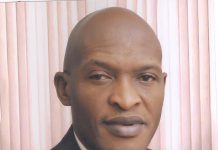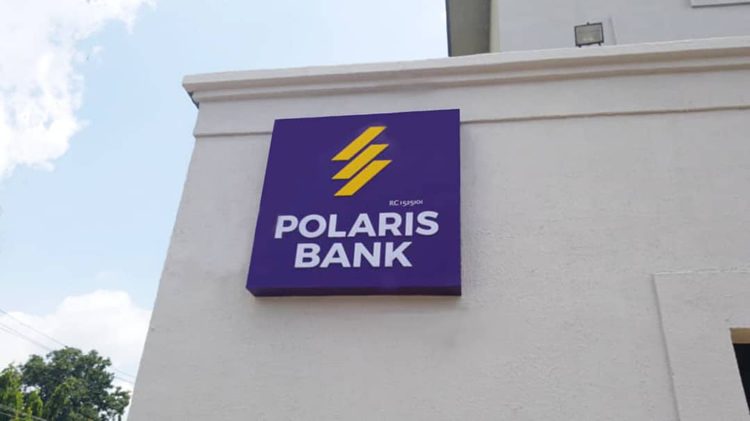Polaris Bank Limited and some other experts have said a depressed economy needs the right growth incentives and appropriate reporting to recover.
They spoke at a media seminar organised by Polaris Bank Limited in Lagos.
The Group Head of Brand Management and Corporate Communications of Polaris Bank, Mr Nduneche Ezurike, said the annual capacity development programme of the lender was aimed at emphasising the importance of regular training to business sustainability strategy and qualitative service delivery.
Also, a former editor of a national newspaper who was one of the speakers at the seminar, Dr. Akintola Olaniyan, while lamenting the bad state of the national economy, expressed worry over the nation’s rising debt portfolio estimated at N77tn.
He recalled the concern of Nigeria slipping into two periods of recession in eight years in 2016 and 2020, despite the country’s huge potential for growth and rapid development.
Citing OPEC and NEITI data, he said, “Nigeria boasts of nearly 40 billion barrels in crude reserves, ranking 11th out of 20 countries. Additionally, gas and oil contribute 65-83 per cent of the country’s total export revenue, with a crude oil production capacity of 2.5 million barrels per day. However, Nigeria currently produces 1.8 million barrels per day, making it Africa’s largest oil producer and the 13th largest in the world.”
“Despite these economic potentials, Nigeria has been identified as the 14th most failed state in the world in 2011, climbing 40 places in the Fund for Peace ‘Fragile State Index’ between 2005 and 2011. Nigeria now finds itself grouped with countries such as Somalia, Sudan, the Democratic Republic of Congo and Afghanistan.”
He said it was important to adhere to the core news value of objectivity, proximity, balance, and reflection of social, cultural, and moral ethics in reports of the Nigerian economy which is presently depressed.
He also advocated for a revamp of journalism curricula to incorporate training on investigative journalism, emerging trends in digital media and data analysis as well as continuous on-the-job training for reporters and media practitioners.
According to him, these were in addition to incentives such as payment of living wages and insurance policies, were essential for ensuring the protection and well-being of journalists in the country.
Also speaking at the session, the Chief Executive Officer of Edgeforth, a technology firm, Mr Sheriff Adekoya, advised journalists to always have a direction.















































